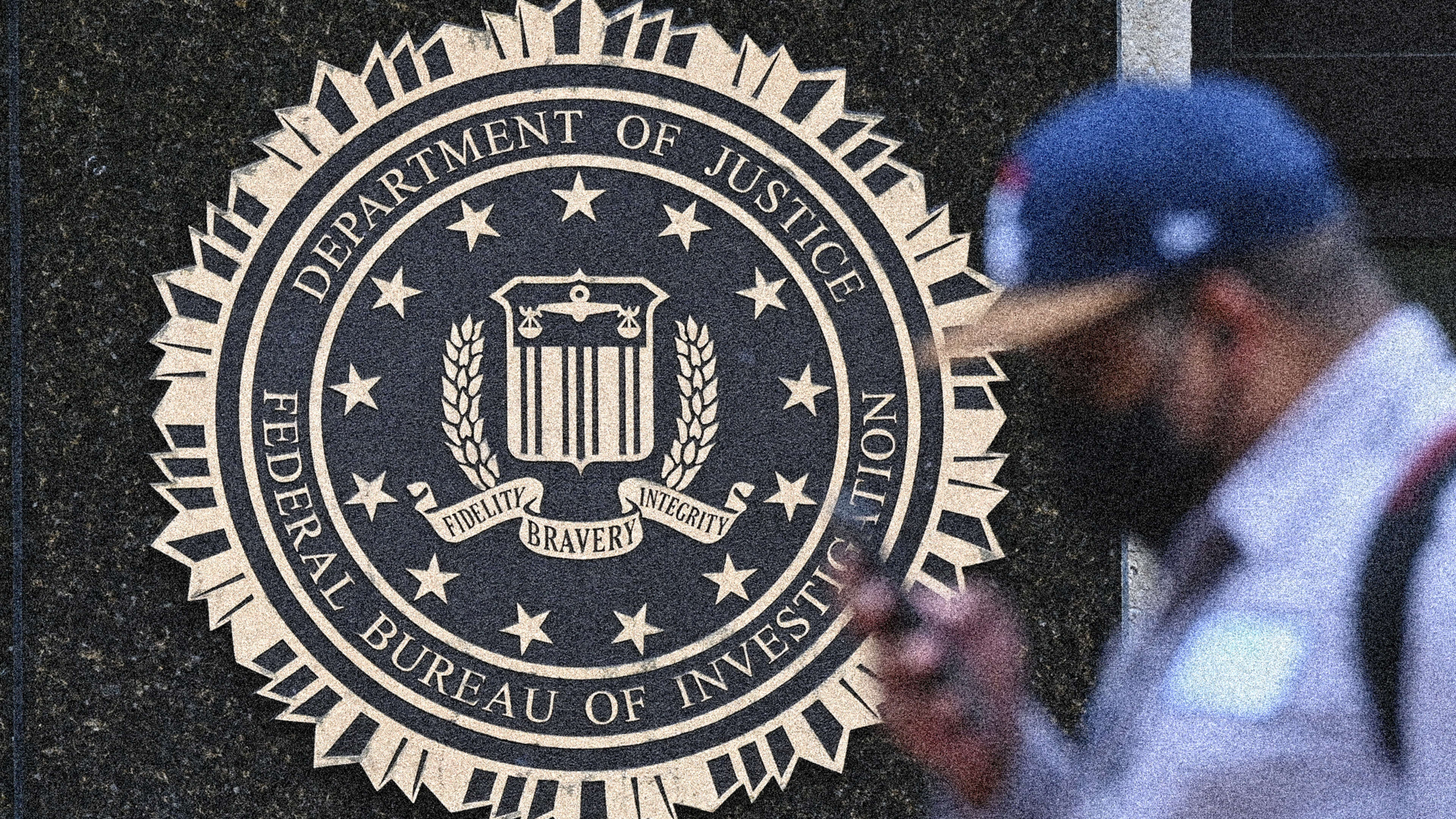It’s no surprise to learn that the FBI broke the law hundreds of thousands of times, but it’s still shocking. That’s the takeaway from a new court filing that the FBI improperly accessed data on American citizens and other U.S. persons more than 278,000 times.
It shouldn’t come as news that your data belongs to the National Security Agency (NSA). This has been the reality of digital life in America for decades. Post-9/11 programs gave the NSA boundless new powers to suck up nearly every piece of information on the internet, the vast data warehouse that would later prompt international condemnation when revealed by Edward Snowden. But even after the Snowden reconning, an obscure provision of the Foreign Intelligence Surveillance Act (FISA) continues to empower this ubiquitous, unconstitutional surveillance.
Section 702 allows the collection of nearly every email and phone call. The law is supposed to be limited to surveillance of foreign nationals, as FISA’s name suggests, but the truth is that this pool of intelligence data is too large and powerful to be contained. The data is nothing short of a loaded gun aimed at the heart of a democracy, a lawless digital dragnet systematically abused by those who swore to uphold the law.
As civil rights groups warned would happen, FBI agents just couldn’t help themselves. Rather than follow the limits that were supposed to protect Americans from this international dragnet, agents used this terrifying tool to target protesters and domestic suspects. And the abuses should be chilling to all of us, no matter where we sit on the political spectrum.
From Black Lives Matter protests to the January 6 attack, we see countless aspects of American life coming under the scrutiny of a surveillance tool that legally cannot be used to target U.S. persons. It would have been disturbing if these sorts of egregious examples happened just a few times, but to see the FBI’s systematic misuse of these resources proves that it (and the rest of the federal government) simply can’t be trusted to wield this sort of power.
The answer is clear. If we have little to no evidence that these systems are useful in protecting us from threats abroad, and growing evidence that they are being misused here at home, we simply need to end Section 702 and this sort of bulk surveillance. This type of surveillance has always been an affront to the Constitution. The idea that you can collect every person’s information, store it, and have it considered fine because you aren’t searching it, strains credulity and constitutionality even when the supposed surveillance safeguards are being followed. But we increasingly see that those protections for U.S. persons simply aren’t worth the paper they’re printed on.
Of course, the FBI won’t give up its panopticon without a fight. But the numbers speak for themselves. When the amount of illegal searches numbers in the hundreds of thousands, this isn’t a simple mistake, this isn’t a couple of bad apples, this is an agency that has fundamentally lost its way. And if there aren’t meaningful, lasting consequences, the agency will have no reason not to repeat these abuses again and again.
The FBI will say “trust us” and “we can do better next time.” The agency will say that this was just a big misunderstanding that happened to violate the rights of a quarter-million Americans. But can we imagine accepting hollow apologies from anyone else caught violating the law on this scale? If an individual had been caught doing this, they would have gone to jail. If it were a company, it might have been bankrupted and shuttered. People have faced decades in prison for stealing just a small fraction of the data that FBI agents accessed in recent years. And the consequences for FBI agents should be higher, not lower, than for members of the general public who break the law.
We don’t have the power to send these agents to jail, and it may be an uphill battle to sue them or the agency, but Congress can act with one of the strongest tools it has: inaction. If Congress fails to act, Section 702 will expire on its own by the end of this year. It’s certainly not enough to bring justice for the hundreds of thousands of Americans whose data was stolen, but it’s a start.
Above all, if the FBI is willing to break the law this brazenly, Congress and the administration must acknowledge that there’s no set of guardrails, no Band-Aid, that can fix 702 and keep the public safe. The only way to safeguard our data and our rights is to do what we should have done a long time ago: Let 702 die.
Albert Fox Cahn is the founder and executive director of the Surveillance Technology Oversight Project, a New York-based civil rights and privacy group. He is a TED fellow, a Technology and Human Rights fellow at the Harvard Kennedy School’s Carr Center for Human Rights, and a visiting fellow at Yale Law School’s Information Society Project.
Recognize your brand’s excellence by applying to this year’s Brands That Matter Awards before the early-rate deadline, May 3.
